Latest News
Rare Research Report: February 2026
Each month, we share summaries of recent Rare Diseases Clinical Research Network grant-funded publications. Catch up on RDCRN research for February 2026.
Image
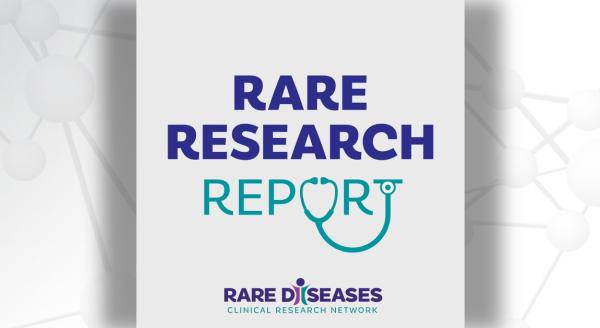
Image
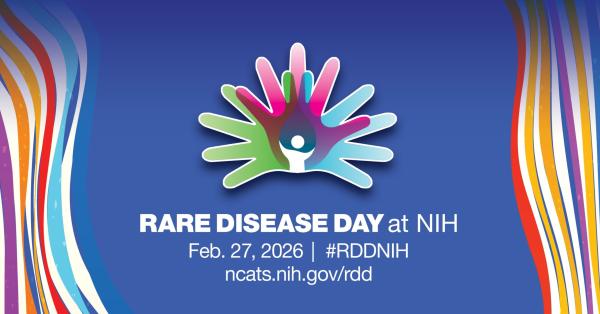
Image
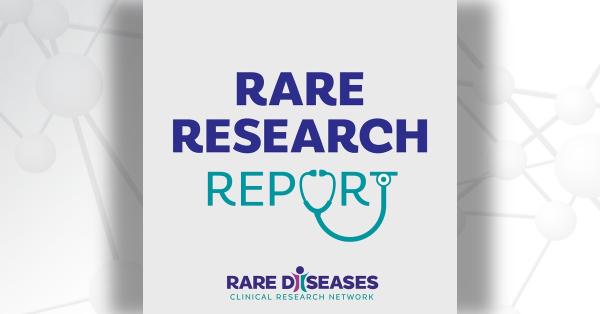
Image

Image

Image
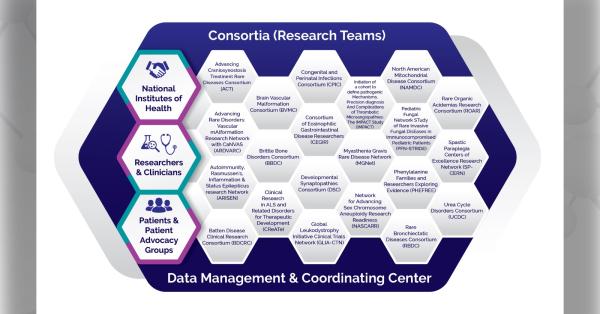
Image

Image
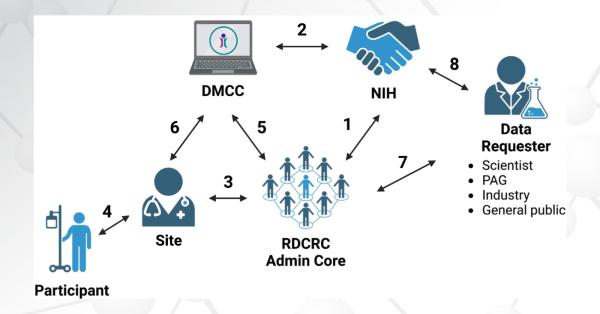
Image

